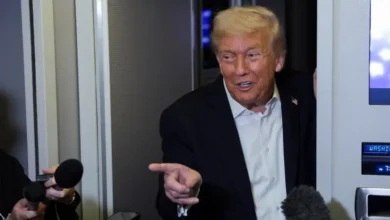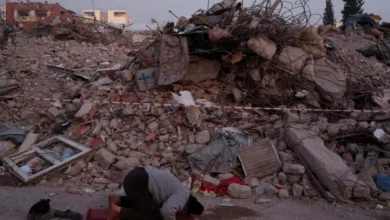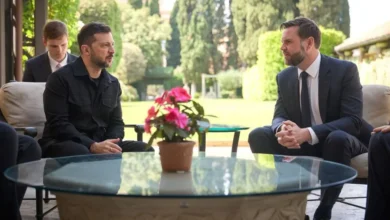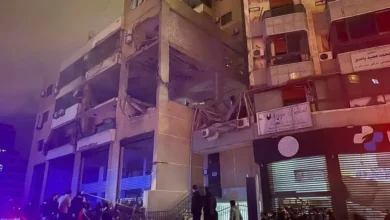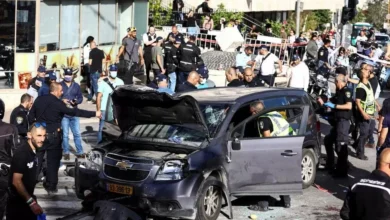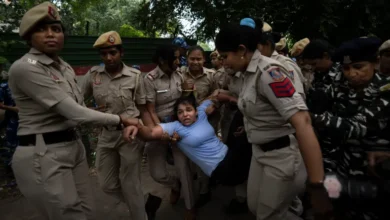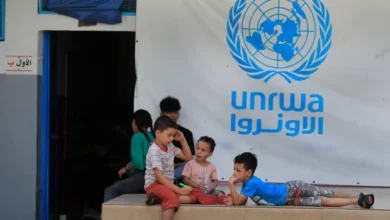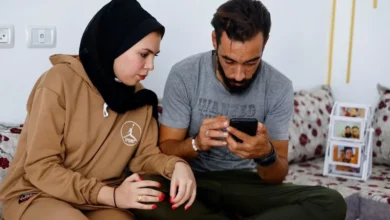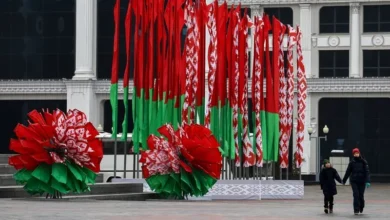A woman’s search for a lost childhood in South Korea
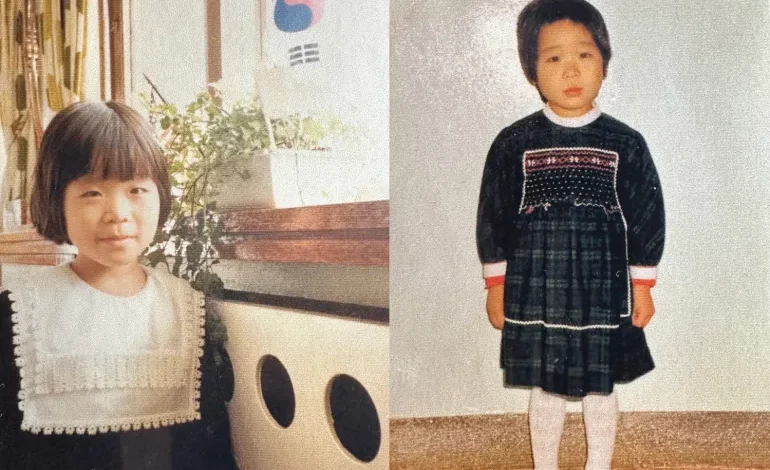
Ju-rye Hwang grew up assuming her parents in South Korea were dead and that she was alone in the world after being adopted to North America at about six years of age.
That was until a phone call from a journalist in Seoul turned her world upside down.
“He told me that I was not an orphan,” Hwang said.
“And it was most certain that I was illegally adopted for profit,” she said.
The journalist went on to tell Hwang about the notorious Brothers Home institution in South Korea, a place where thousands had endured horrific abuse, including forced labour, sexual violence, and brutal beatings.
Hwang discovered that she had spent time at the institution as a child, before being offered for overseas adoption.
The journalist also explained how his investigative team had uncovered a file from the home’s archives containing a list of international adoptions, and among the clearly printed names was that of her adoptive mother.
Hearing “the truth”, Hwang said, “made me break down and lose my breath”.
“I felt physically ill,” she told Al Jazeera.
“I believed that my parents were not alive.”
‘Beggars don’t exist here’
Hwang is now a successful career woman in her mid-40s. But her origins link back to South Korea during the 1970s and 80s, when government authorities in the rapidly industrialising nation cracked down brutally on those considered socially undesirable.
Kidnapping was rampant among the children of the poor, the homeless and marginalised who lived on the streets of Seoul and other cities.Children as well as adults were abducted without warning, bundled into police cars and trucks and hauled away under a state policy aimed at beautifying South Korean cities by removing those designated as “vagrants”.
By clearing the streets of the poor, South Korea’s government sought to project an image of prosperity and modernity to the outside world, particularly in the lead-up to the 1988 Olympic Games in Seoul.
The then-president and military leader, Chun Doo-hwan, famously boasted of South Korea’s economic success when he told reporters: “Do you see any beggars in our country? We have no beggars. Beggars don’t exist here.”The president’s push to “cleanse” the streets of the poor and homeless combined toxically with a police performance system based on the accumulation of points that propelled a surge in abductions.
At the time, police earned points based on the category of suspects they apprehended. A petty offender was worth just two performance points. But turning in a so-called “beggar” or “vagrant” to institutions such as the Brothers Home could earn an officer five points – a perverse incentive that prompted widespread abuse.
“The police abducted innocent people off the streets – shoe shiners, gum sellers, people waiting at bus stops, even kids just playing outside,” Moon Jeong-su, a former member of South Korea’s National Assembly, told Al Jazeera.
Brothers Home of horrors
Located in the southern port city of Busan, Brothers Home was founded in 1975 by Park In-geun, a former military officer and boxer.
It was one of many government-subsidised “welfare” institutions across South Korea, established at that time to house the homeless and train them in vocational skills before releasing them back into society as so-called “productive citizens”.
In practice, such facilities became sites of mass detention and horrific abuse.
“State funding was based on the number of people they incarcerated,” said former Busan city council member Park Min-seong.
“The more people they brought in, the more subsidies they received,” he said.
At one stage, up to 95 percent of the Brothers Home’s inmates were delivered directly by police, and as few as 10 percent of those confined were actually “vagrants”, according to a 1987 prosecutor’s report.
In a recent Netflix documentary dealing with the events at Brothers Home, Park Cheong-gwang, the youngest son of the facility’s owner, Park In-geun, admitted that his father had bribed police officers to ensure they sent abducted people to his facility.
